The Daughter is a remake of the Henrik Ibsen play Wild Duck. First performed in 1884, Ibsen’s play tells the story of a secret that threatens to blow apart the lives of two families.
Director and screenwriter Simon Stone (here making his directorial debut, but a fixture of the Sydney theatre scene) transports the action from Norway to a fictional logging town in Australia.
The town’s economy is built on the foundation of a logging mill, owned by Henry (played by Geoffrey Rush). The mill is in decline, and Henry has no choice but to close it down, meaning redundancy for its workers.
We met one of its workers, Oliver (played by Ewen Leslie) who is married to schoolteacher Charlotte (Miranda Otto). They have one daughter, Hedvig (played by Odessa Young). With them, lives Walter, Oliver’s father. A small town weaves close relationships, and we learn that Walter has been released from prison after serving time for white collar fraud, having worked with Henry at the logging mill.
Henry is due to get married for the second time to Anna (Anna Torv),his former housekeeper. Henry invites his son, Christian, from his first marriage to come home for the wedding. Christian (played by Paul Schneider) is a functioning alcoholic, his own marriage already in pieces. He returns for his father’s wedding, and it is revealed that his alcoholism stems from his mother’s suicide. Christian meets up with Oliver (they were childhood friends). The reunion starts off well, but Christian soon realises that Charlotte has not told Oliver a crucial detail about her past. The secret, when it is finally revealed, sets off a catastrophic string of events, and Oliver’s world implodes.
What is immediately clear about The Daughter is that this is not quite word-for-word homage to Ibsen, or kitchen-sink domestic drama. It pitches between the two, with Stone making some very bold and unconventional choices.
The Daughter is an Australian film through and through, but it removes the familiar iconography we think of as representing Australia – the sun, the beach, a virtually genetic predisposition for optimism. Stone uses the landscape (large parts of the film were shot in New South Wales) to break out from the Ibsen interior, and shoot the action against a green, lush backdrop. From the very start, it gives The Daughter a sense of otherness.
Stone’s decision to go outside is surprising, but what the open spaces allow is for the claustrophobia in Ibsen’s work to become internalised. Secrets build unspoken, threatening to combust at any minute. Family ties and tensions become tangled as the film unfolds. Certainties slip and founder, as the truth (despite Christian’s protestations) really is something to be afraid of.
The film builds to its conclusion delicately, slowly, with every note is played in a minor key – from the cast to the lighting. It is a film that thrives on the unconventional, and it takes a brave man to depart from the script, but Stone’s confidence, honed from years working in theatre, allows him to digress from Ibsen’s use of symbolism and instead concentrate on the close-knit drama between the two families.
The simplicity, with which their story is told, is testament to Stone’s abilities as a screenwriter. The actors are given room to really dig deep, and the film excels because of it. Geoffrey Rush seems tailor-made for Ibsen, portraying a complex inner life with ease, and Paul Schneider (a regular on TV sitcom Parks and Recreation) fleshes out Christian’s despair and alcoholism with real skill. Schneider treads the line between trauma and self-pity remarkably well, leaving us no choice but to interpret Christian’s motives with ambiguity at best.
While this is undoubtedly an ensemble film, it would be remiss of me not to mention the excellent Odessa Young who plays Hedvig, the eponymous daughter. Ibsen has a reputation for crafting memorable female characters, and Young paints Hedvig in bright, exuberant primary colours. It’s an extraordinary performance right up to the closing credits – expect to hear much more from her in the near future.
Anyone who’s familiar with A Doll’s House or Ghosts will know that Ibsen’s go-to move is to cast silence and complicity as the villain of the piece. Whether it comes from self-interest or self-preservation, Ibsen’s views on morality are difficult to unpick – he recognised that life isn’t drawn in a straight line, and wrote accordingly.
The film ends as it begins; with few definitive markers. Stone makes another bold decision in not adhering to the original ending of Wild Duck (not to give too much away), but what we’re left with is more ambiguity. What is the future for these characters? Can their fractured relationships be healed, or is it simply too late?
A good film should always leave you with a sense of satisfaction; but a great film always leaves you with more questions than answers, and The Daughter does exactly this. It’s a work with the courage of its convictions, and a great example of how filmmakers shouldn’t feel tied to source material. The Daughter takes a lot of chances, but the care with which the drama is handled, leaves us in no doubt that taking a risk can yield something as beautiful as it is unexpected.
Helen Tope
Twitter: @Scholar1977

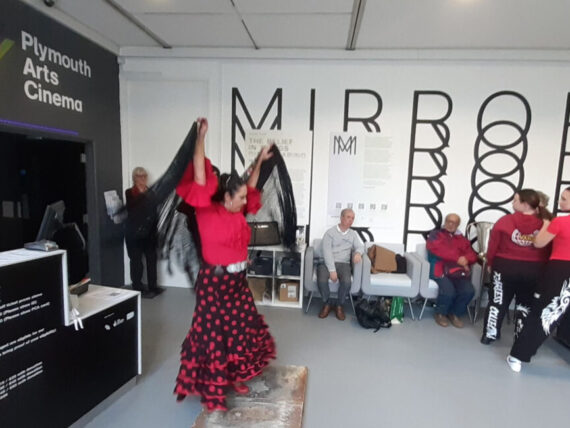
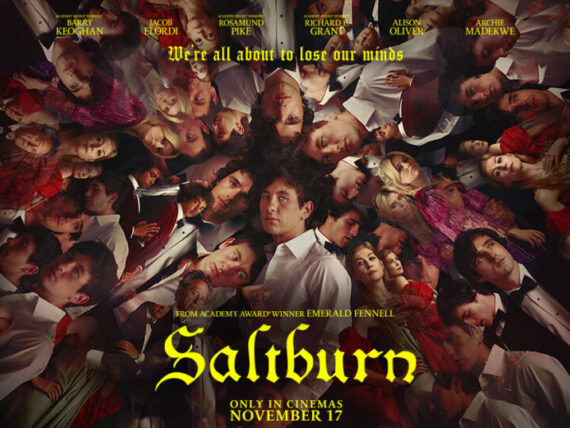

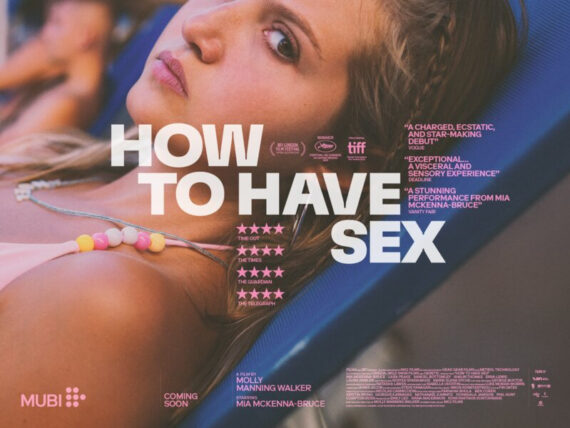
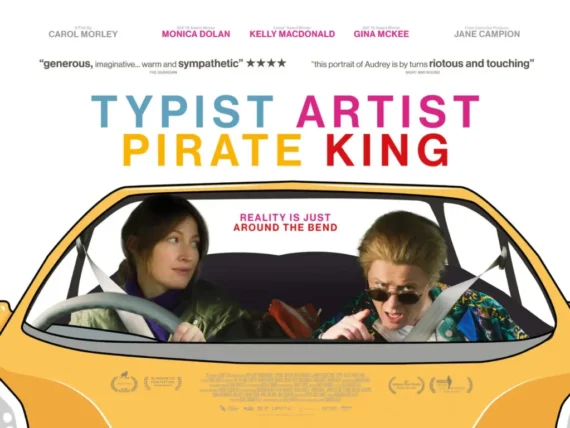
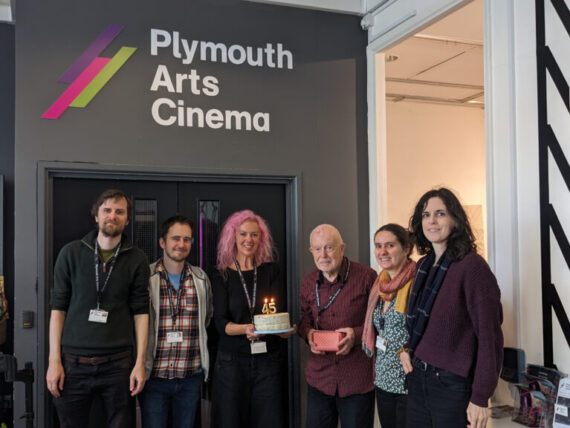
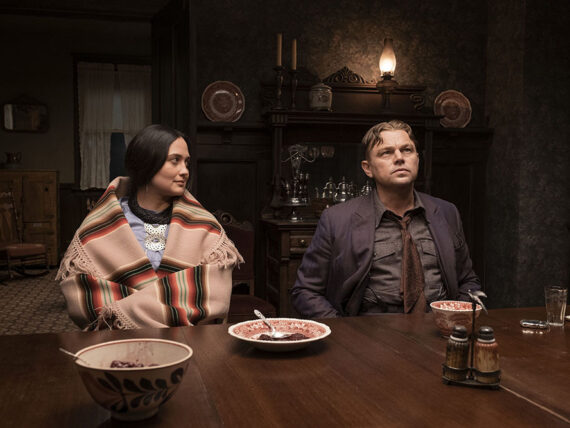
Comments
No comment yet.